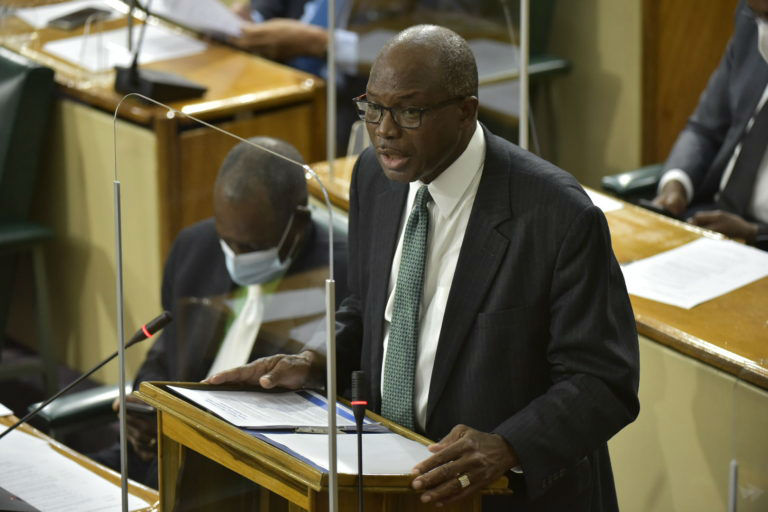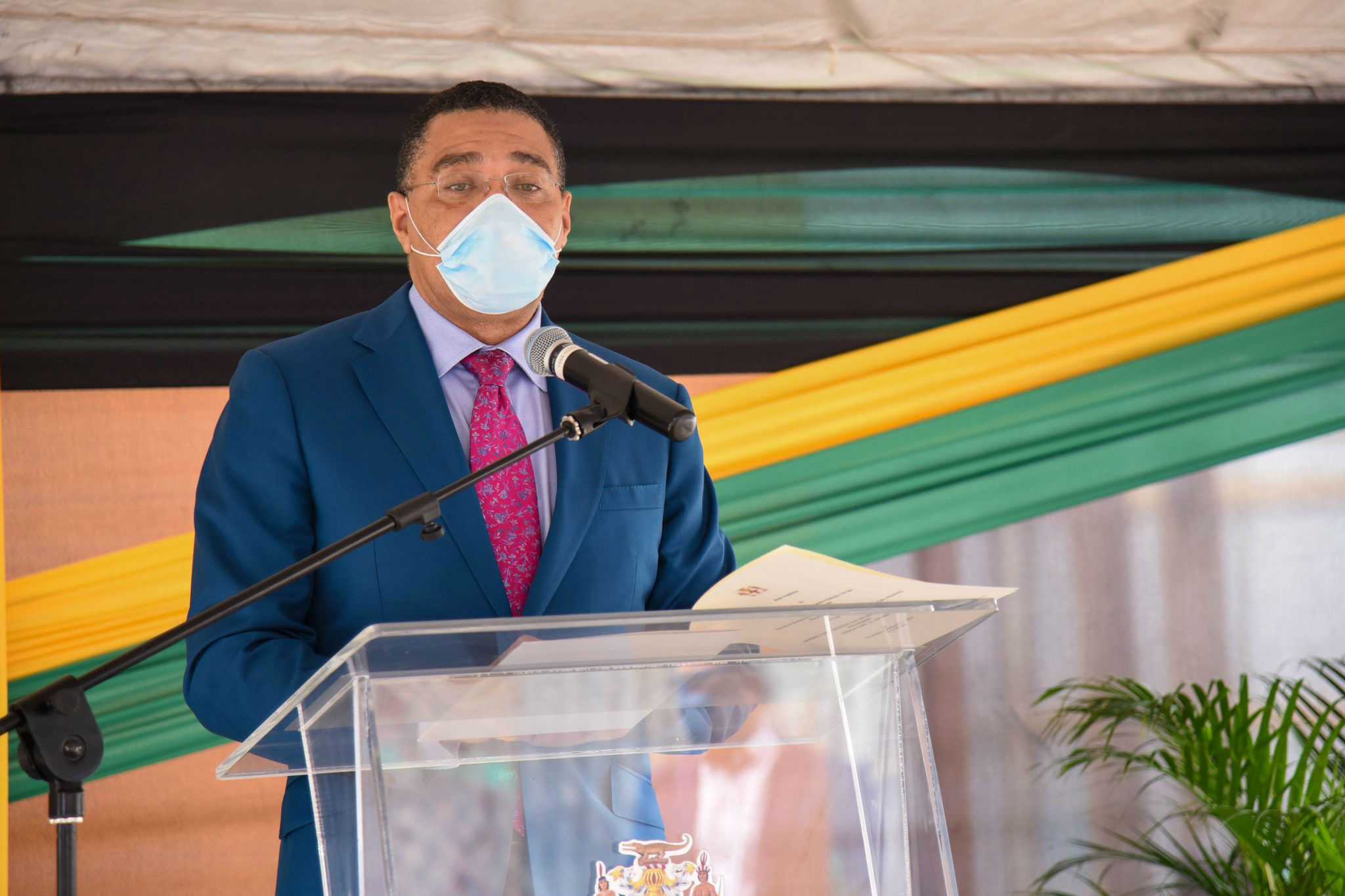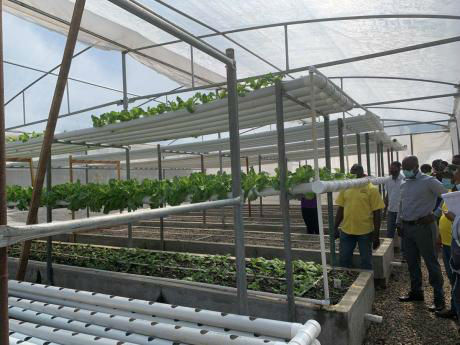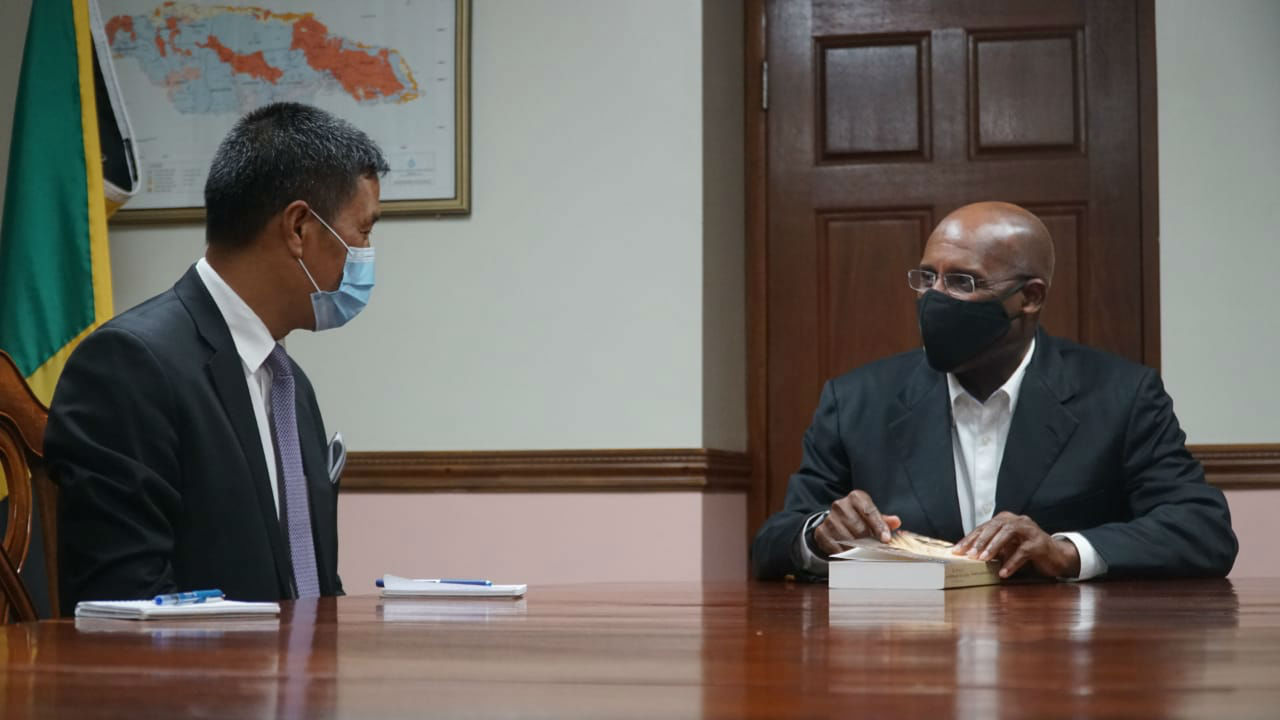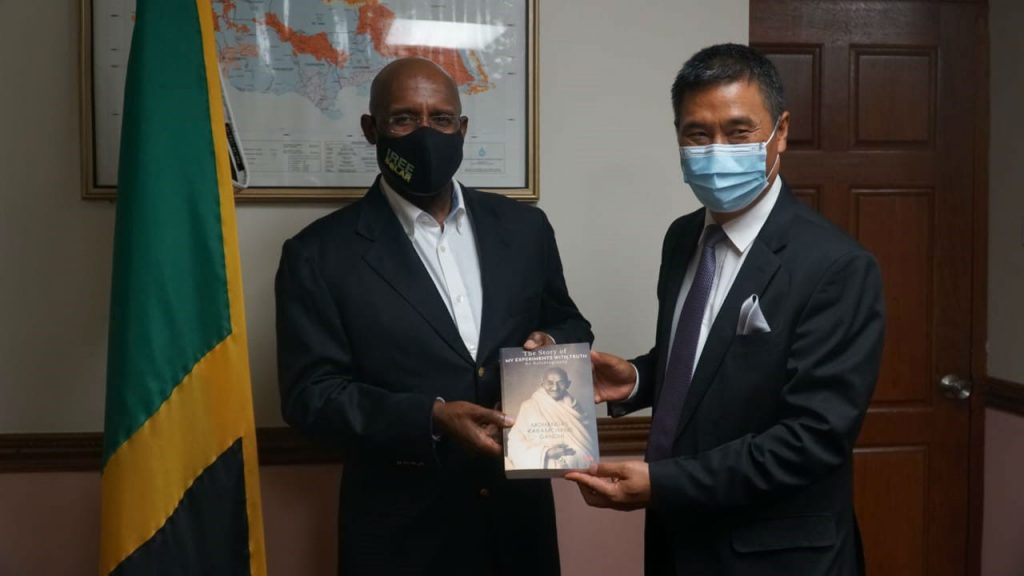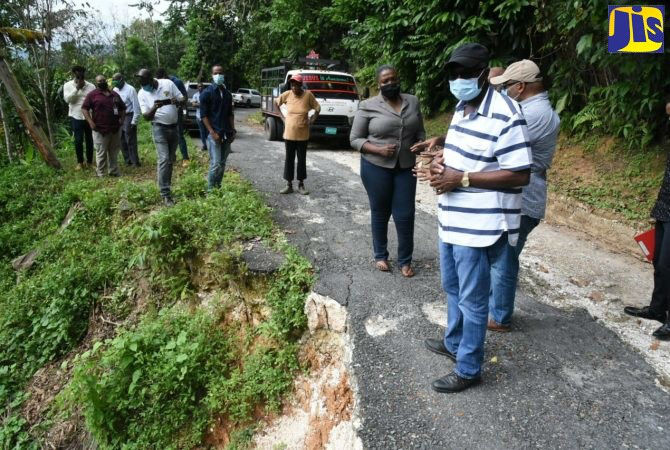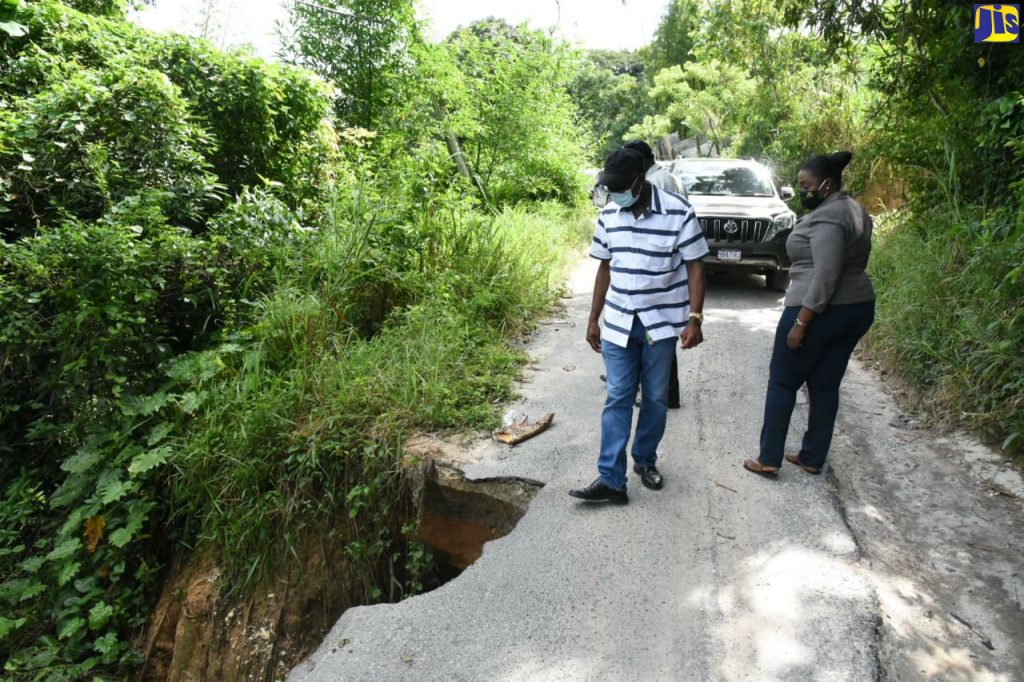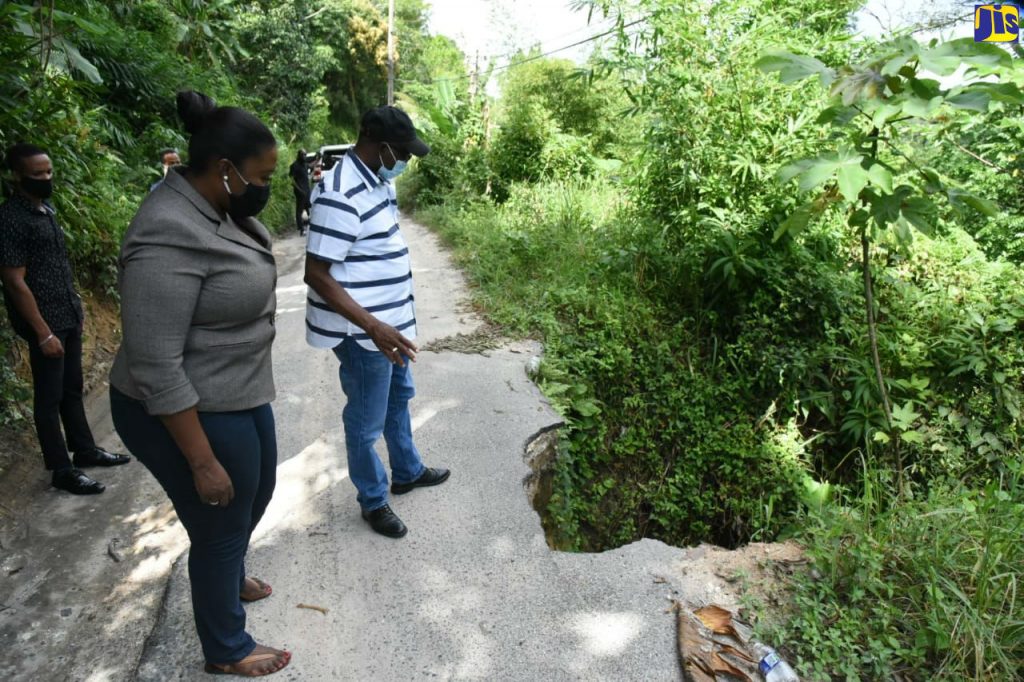THE ADAPTATION Programme and Financing Mechanism (AP&FM) of the Pilot Programme for Climate Resilience (PPCR) was awarded third place for ‘exceptional execution – excellent project planning and delivery’ in the Inter-American Development Bank’s (IDB’s) Project Execution Challenge.
“Winning this award was made possible by the commitment, dedication and hard work of the members of the project executing unit, comprising Kay de Ann Taffe Dixon, Angella Lalor, Mauro Lewis, Indi Mclymont-Lafayette, and Bridgette Barrett,” noted Project Manager Dr Winsome Townsend, in expressing her delight for the recognition.
She was speaking after the award presentation during a virtual ceremony last month.
The IDB has 56 funded projects in Jamaica and in 2019 issued the challenge to determine the best project execution unit in the country. It used two new reporting tools – the Schedule Performance Index and the Cost Performance Index – to measure the effectiveness of project implementation. It also used accumulated disbursements and value of good practice as two other criteria for performance.
As part of Jamaica’s PPCR, the AP&FM works to help the nation adjust more easily to climate change. It supports the integration of climate-change issues into development planning by government agencies and the implementation of climate-change adaptation measures across Jamaica. It is being implemented by the Ministry of Economic Growth and Job Creation and is funded by the Climate Investment Fund through the IDB and the Government of Jamaica.
To date, the achievements of the AP&FM-PPCR include:
• Reforestation of 15 hectares of forestlands in the Pennants community in Upper Rio Minho Watershed (URMW) Area, Clarendon;
• Fifty acres of agro-forestry established on 60 farms in upper Clarendon;
• Construction of 1,517 of 1,800 innovative check dams called MICRO (Multiple Interceptions for Climate Resilience Optimisation) check dams;
• Five Aquaponics farming systems established in five communities (Aenon Town, Alston, James Hill, John’s Hall and Ritchies) in northern Clarendon;
• Vulnerability assessment of the entire Rio Minho Watershed Area;
• Preparation of a climate adaptation plan for the entire Rio Minho Watershed Area;
• Vulnerability assessments of 15 priority communities in the URMW; and
• Preparation of climate change adaptation/disaster risk-reduction plans for 15 priority communities in the URMW.
Other improvements include:
• The US$4.7-million worth of grant funding provided for over 135 grants distributed to non-governmental organisations and community-based organisations;
• Over US$2.5-million worth of loan financing provided for 259 loans at 4% interest rate granted to micro, small and medium-sized enterprises;
• Sixty climate change focal points from ministries and the municipal corporations trained to mainstream climate change into development planning;
• Implementation of a climate change awareness programme for policymakers and government ministries, which saw 229 decision takers and policymakers trained in 14 workshops.
The project has also see the preparation of seven technical papers of relevance to spatial planning in Jamaica; and the preparation of a national spatial plan that incorporates climate change considerations.




